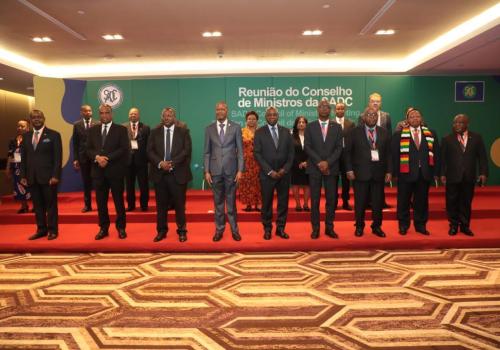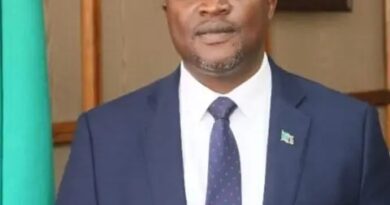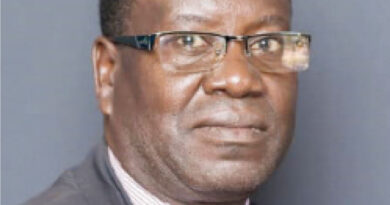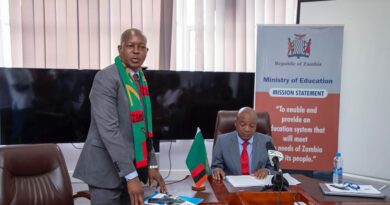SADC Council of Ministers Advances Regional Integration and Development Agenda
In a two-day meeting held in Luanda, Republic of Angola, the Council of Ministers of the Southern African Development Community (SADC) deliberated on key programmes, policies, and interventions aimed at accelerating deeper regional integration and economic development.
Chaired by His Excellency Ambassador Téte António, Minister of External Relations of the Republic of Angola, the meeting addressed critical issues under the 43rd SADC Summit Theme, “Human and Financial Capital: The Key Drivers for Sustainable Industrialisation in the SADC Region.”
Central to the discussions was the urgent need to expedite the approval and ratification of the agreement to operationalize the SADC Regional Development Fund (RDF). The RDF, designed as a self-financing mechanism, aims to sustainably support regional development projects.
Emphasizing the importance of youth empowerment, H.E. António called for renewed commitment to address challenges faced by young people in the region, including limited access to education, skills development, employment opportunities, and resources.
He stressed the necessity of creating an inclusive, socially stable, and prosperous SADC region, asserting that neglecting the needs of the youth undermines the region’s future prospects.
Additionally, the meeting addressed peace and security concerns, acknowledging stability in the region despite ongoing security threats in specific areas such as eastern Democratic Republic of Congo and northern Cabo Delgado in Mozambique. Efforts to address these challenges were highlighted, including the deployment of SADC missions to the affected areas.
Concerns over natural disasters were also raised, with the SADC Executive Secretary underscoring the importance of establishing the SADC Humanitarian and Emergency Operations Centre (SHOC) to coordinate regional disaster risk preparedness and response.
Key outcomes of the meeting included the approval of the SADC Annual Corporate Plan and Budget for the 2024/2025 Financial Year, aimed at supporting interventions aligned with the SADC Regional Indicative Strategic Development Plan (RISDP 2020-2030).
Furthermore, the Council reaffirmed its solidarity with the Democratic Republic of Congo and Mozambique in addressing security challenges.
The meeting concluded with directives to expedite the operationalization of the SADC University of Transformation (SUT) and to commemorate Southern Africa Liberation Day on March 23rd, honoring the contributions of those who fought against colonialism and apartheid.
The SADC Council of Ministers, as an institution overseeing the functioning and development of SADC, continues to play a pivotal role in advancing the region’s integration and development agenda.
Additional source: SADC Secretariat



